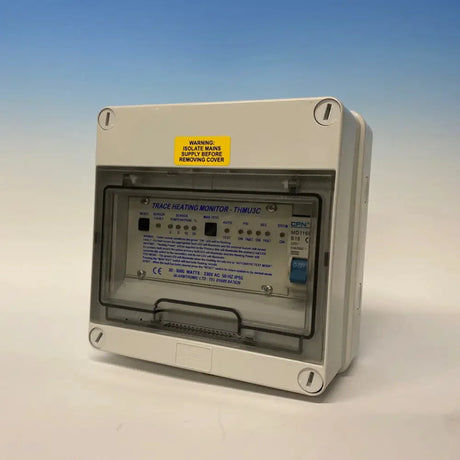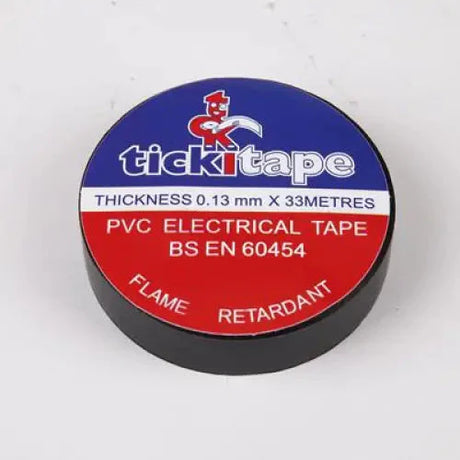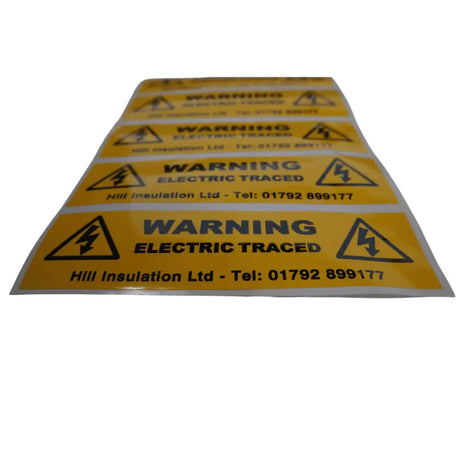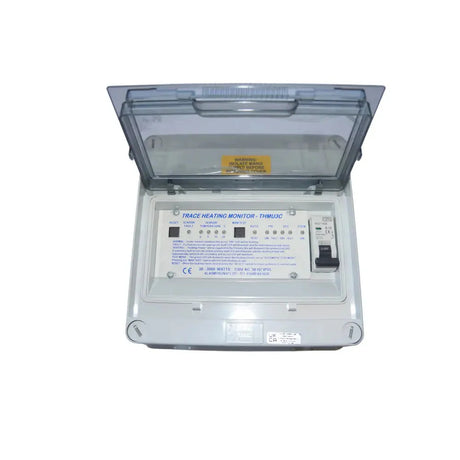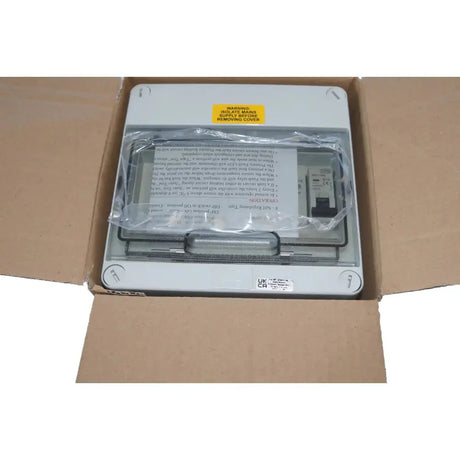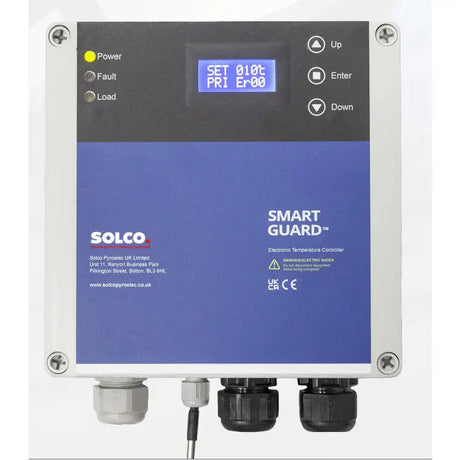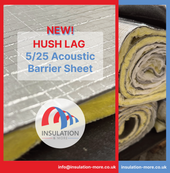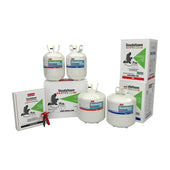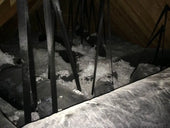The role of insulation in promoting energy efficiency and thermal comfort is widely recognised across the UK. Yet, its significant impact on improving indoor air quality is often overlooked. An effective insulation system can go a long way in maintaining a healthy and comfortable indoor environment, especially in a country known for its cold winters and temperate climate.
Insulation and Indoor Air Quality

Insulation primarily serves to reduce heat flow in and out of a building. However, it also helps in mitigating moisture issues, reducing noise, and improving indoor air quality by preventing the entry of pollutants and allergens. Various types of insulation materials such as mineral wool insulation, foam pipe insulation, fibreglass pipe insulation and elastomeric are available to suit different applications.
Tackling Moisture Problems
Poor insulation can lead to condensation, promoting the growth of mould, mildew, and other harmful bacteria. These can significantly degrade indoor air quality, leading to health concerns such as asthma and allergies. Pipe insulation and duct insulation can help prevent condensation, thereby improving indoor air quality.
Reducing Noise Levels
Excessive noise can cause stress and lead to a range of health issues, including sleep disorders and cardiovascular diseases. Insulation materials like sound proof insulation and acoustic insulation can help absorb sound and maintain a quieter indoor environment.
Preventing Pollutant Entry
A well-insulated home or building can effectively keep out pollutants and allergens, such as dust, pollen, and vehicle emissions. Sealing gaps with materials like adhesive, tape, or insulation cladding can prevent these contaminants from entering the indoor environment.
Selecting the Right Insulation
Choosing the right insulation material is crucial. While traditional materials like fibreglass and mineral wool are effective, newer materials like Kaimann insulation, Kaiflex insulation, phenolic insulation and Armacell offer high-performance alternatives.
In addition to the type of insulation, consider factors such as the building’s design, climate, and heating and cooling systems. It is also important to install the insulation correctly to ensure optimal performance.
In conclusion, insulation plays a vital role in improving indoor air quality, in addition to providing thermal comfort and energy efficiency. It is an investment that contributes to a healthier, more comfortable, and sustainable living environment.



